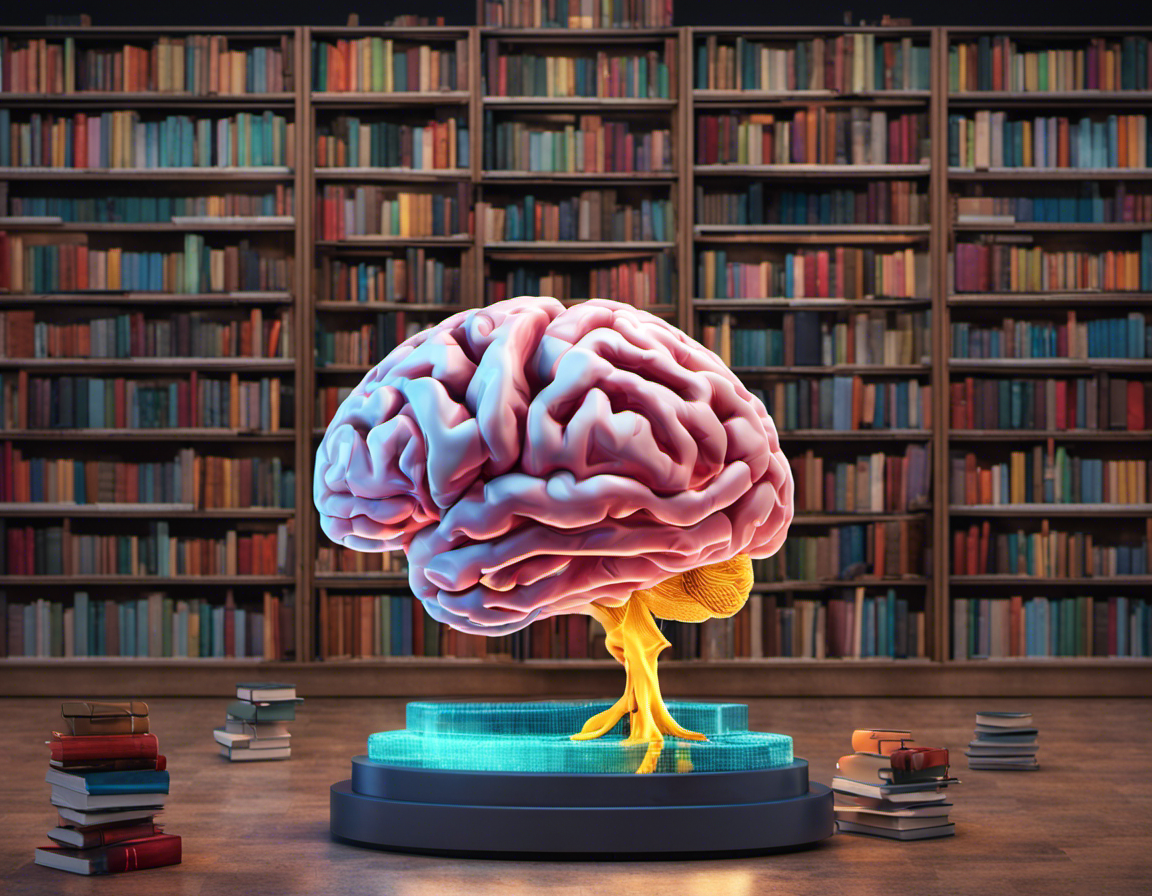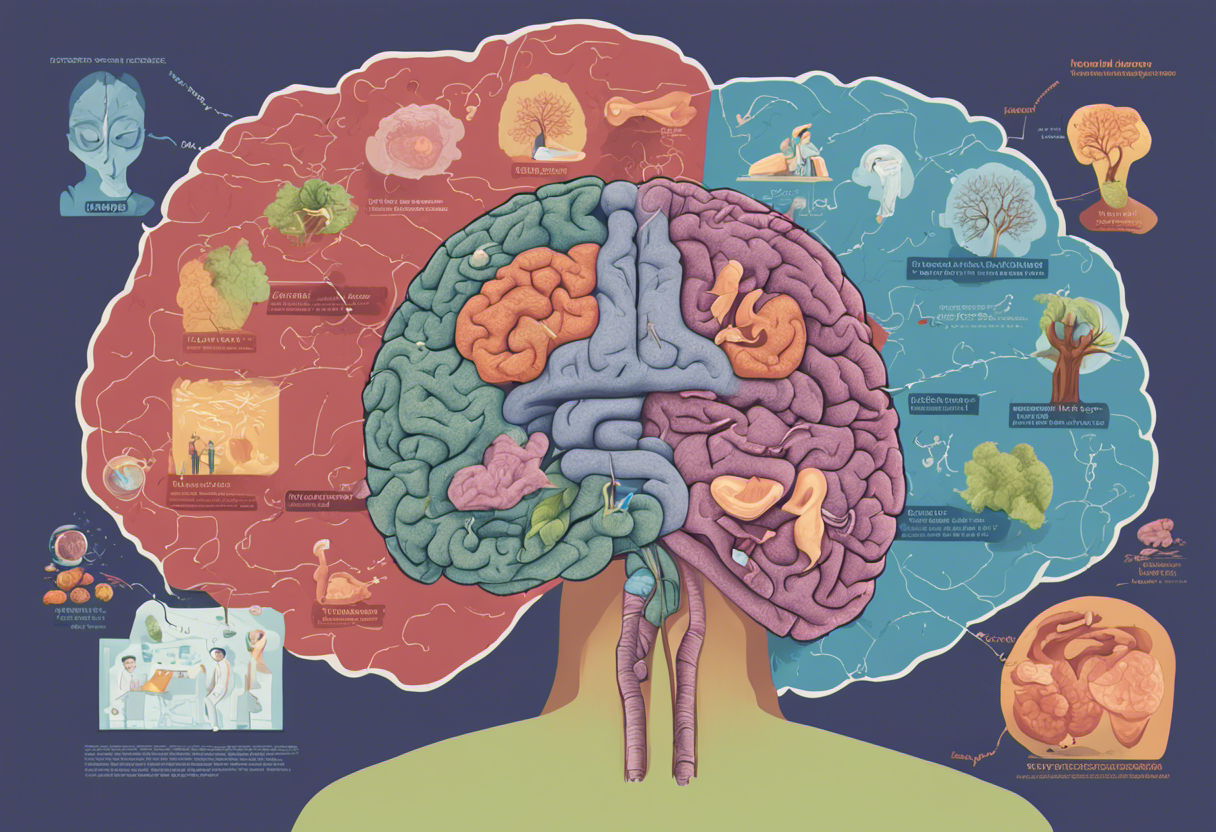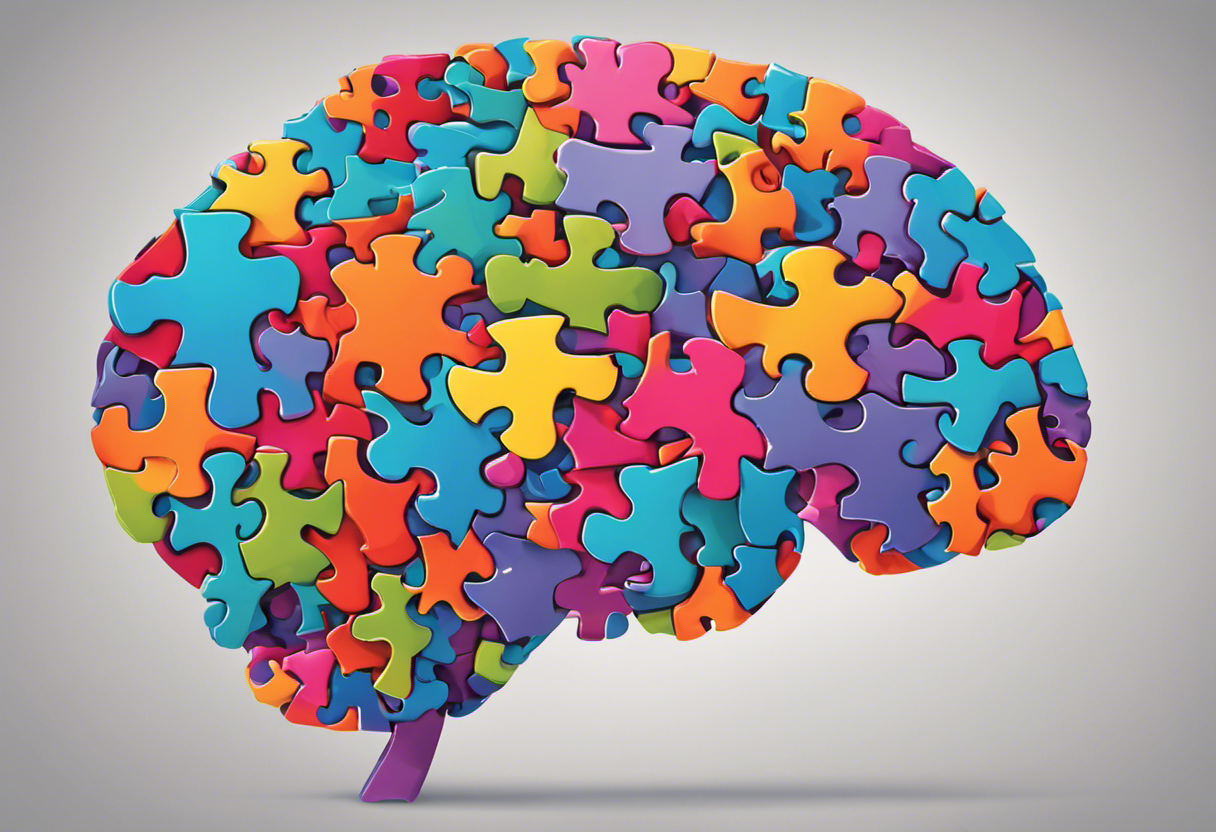Mastering Memory: Its Functions, Importance for Learning, and Techniques to Improve It

Have you ever found yourself desperate to remember the location of your keys just as you’re about to leave for an important appointment? Or wrestle with the recollection of a key fact during a crucial discussion? Within the complex labyrinth of our brains resides a fascinating and perplexing realm of ‘memory.’ Converting daily experiences into lasting footprints, memory forms the bedrock on which we build our sense of self, learn new skills, and navigate daily life.
This article takes you on an intriguing journey into this captivating world of memory. We will delve into the intricate maze that constitutes short-term and long-term memory and how they seamlessly work together to enable us to function. We’ll also shed light on the processes that lead to memory formation – encoding, storage, and retrieval.
Educators, students, indeed everyone engaged in the lifelong process of learning has an intimate relationship with memory. Thus, understanding memory’s role in acquiring knowledge and its profound impact on our learning abilities becomes vital. Further, we offer insights into enhancing your memory, unveiling effective techniques, and highlighting how lifestyle choices like diet and physical activity play a role.
Unfortunately, just like every complex system, this, too, may face glitches. To help you understand these better, we delineate some common memory disorders and their symptoms and discuss available treatments.
By demystifying the realm of memory from its basic functions to its importance in our lives and finally addressing how to improve it or cope with its disorders- the article paves the way for mastering your mind’s incredible capacity. Let this enlightening exploration serve as your guide to understanding one of life’s most taken-for-granted marvels – the ability to remember!
Understanding Memory and Its Functions
Memory is a crucial component of our cognitive function, enabling us to store, retain, and retrieve information. Without it, every experience would be entirely new and unfamiliar, challenging our everyday lives.
Overview of Memory
A deep dive into memory helps us realize how intricate and multi-faceted this mental process is. On a fundamental level, memory serves as an archive of information — our life experiences, skills, knowledge of the world around us, opinions, beliefs, and thoughts. This vital cognitive skill helps us interact with the world in a meaningful way, influencing our decisions, actions, and emotions.
Types of Memory: Short-term and Long-term
Primarily, there are two main types of memory: short-term (also known as working memory) and long-term memory. Short-term memory is a transient storage area that holds a limited amount of information for several seconds to a minute. Long-term memory, on the contrary, has virtually unlimited capacity and can store information for an indefinite amount of time. Whether a piece of information transitions from short-term to long-term storage depends on various factors such as repetition, emotional value, or relevance of the information.
How Memory Works
The formation of memories involves several complex cognitive processes that work in harmony. This involves the encoding, storage, and retrieval of information within our brains.
Memory Encoding, Storage, and Retrieval
Memory encoding is the first step in creating a memory. This process transforms the input from our senses into electrical signals that can be stored within the brain. Next is the storage process, where these encoded signals are stored as memories. The location and permanence of this storage depend on various factors such as importance, relevance, or repetition of the information.
Finally comes the retrieval process wherein the stored memories are brought back into consciousness. Retrieval can be triggered by cues or stimuli that were present when the memory was formed.
All these processes play a vital role in our interaction with the world and directly influence our decision-making, learning ability, and personality. Understanding the mechanisms of how memory works can provide beneficial insights into enhancing memory function and managing memory disorders.
Importance of Memory for Learning
Understanding the significance of memory for learning provides insight into how we acquire, process, and recall information. These operations shape our ability to learn and grow intellectually.
Memory and Knowledge Acquisition
Acquiring knowledge is contingent on the functionality of our memory. The brain systematically processes and encodes information, allowing it to be stored for later retrieval. This information forms the foundation of our knowledge base, shaping our perspectives and enhancing our ability to engage with the world meaningfully.
Impact of Memory on Learning Skills
Our memory profoundly influences our learning abilities. A robust memory enables us to better assimilate new concepts by connecting them with pre-existing knowledge frameworks. Similarly, a stable memory retrieval system shortens the gap between learning and application. Through improved associative strength between elements within our memory, we can boost critical thinking skills and enhance overall intellectual capacity.
Improving Memory
Understanding how to boost memory efficiency is a crucial tool in personal intellectual development. Improved memory function can enhance cognitive performance, support lifetime learning, and potentially ward off degenerative brain diseases.
Techniques for Memory Improvement
Various well-researched techniques are known to bolster memory function. These methods include mindful reading, practice testing, distributed practice, interleaved practice, and retrieval practice. Besides these established techniques, developing a regular schedule for learning new material, maintaining mental wellness, and reducing stress can also contribute to better memory function.
Role of Diet and Physical Activity in Enhancing Memory
Diet and physical activities play a vital role in enhancing memory. Consuming a balanced diet rich in fruits, vegetables, whole grains, lean protein, and healthy fats can support brain health. Moreover, regular physical exercise improves blood circulation to the brain, which aids in brain cell growth and survival. Partaking in cognitive exercises such as puzzles or chess can stimulate brain plasticity, leading to improved memory.
Memory Disorders
Some individuals face challenges with their memory due to certain medical conditions. These disorders can drastically alter a person’s quality of life, supporting the need to understand and address them.
Common Memory Disorders and Their Symptoms
Common memory disorders include Alzheimer’s disease, vascular dementia, and amnesia. Individuals afflicted with these diseases can experience symptoms like forgetfulness, confusion, difficulty concentrating, and trouble with communication. Understanding these symptoms can facilitate timely consultation with healthcare professionals and early management.
Treatment and Management of Memory Disorders
While some memory disorders currently have no cure, many treatments can improve symptoms and challenge progression. Medication, cognitive therapies, and lifestyle modifications are among the common management strategies employed for these conditions. It’s also critical that a supportive environment be cultivated for those experiencing memory disorders to foster their continued mental engagement and emotional well-being.
Conclusion
Memory, undeniably a quintessential facet of our cognitive abilities, is uniquely intertwined with our learning capacities, decision-making skills, and healthy functioning. From the processing and encoding information to its storage and eventual retrieval, every step indicates our ability to engage, grow, and evolve intellectually. Proactive techniques such as mindful reading, practice testing, distributed practice, and maintaining overall wellness through a balanced diet and regular exercise can significantly enhance memory function. While critical for everyone, these particular strategies are crucial for those fighting against degenerative diseases such as Alzheimer’s disease or vascular dementia.
Remember that memory isn’t merely about remembering dates or facts; the brain’s complex system constructs our reality, shapes our experiences, and feeds our knowledge. It’s clear that understanding one’s memory is not just advantageous – it’s essential. Embark on a journey to explore your memory more intimately – understanding its ebbs and flows, enhancing its capacity, and honing your cognitive prowess. Whether personal growth or managing a disorder, no matter the path you tread on – your journey with memory will be enriching!




Comments